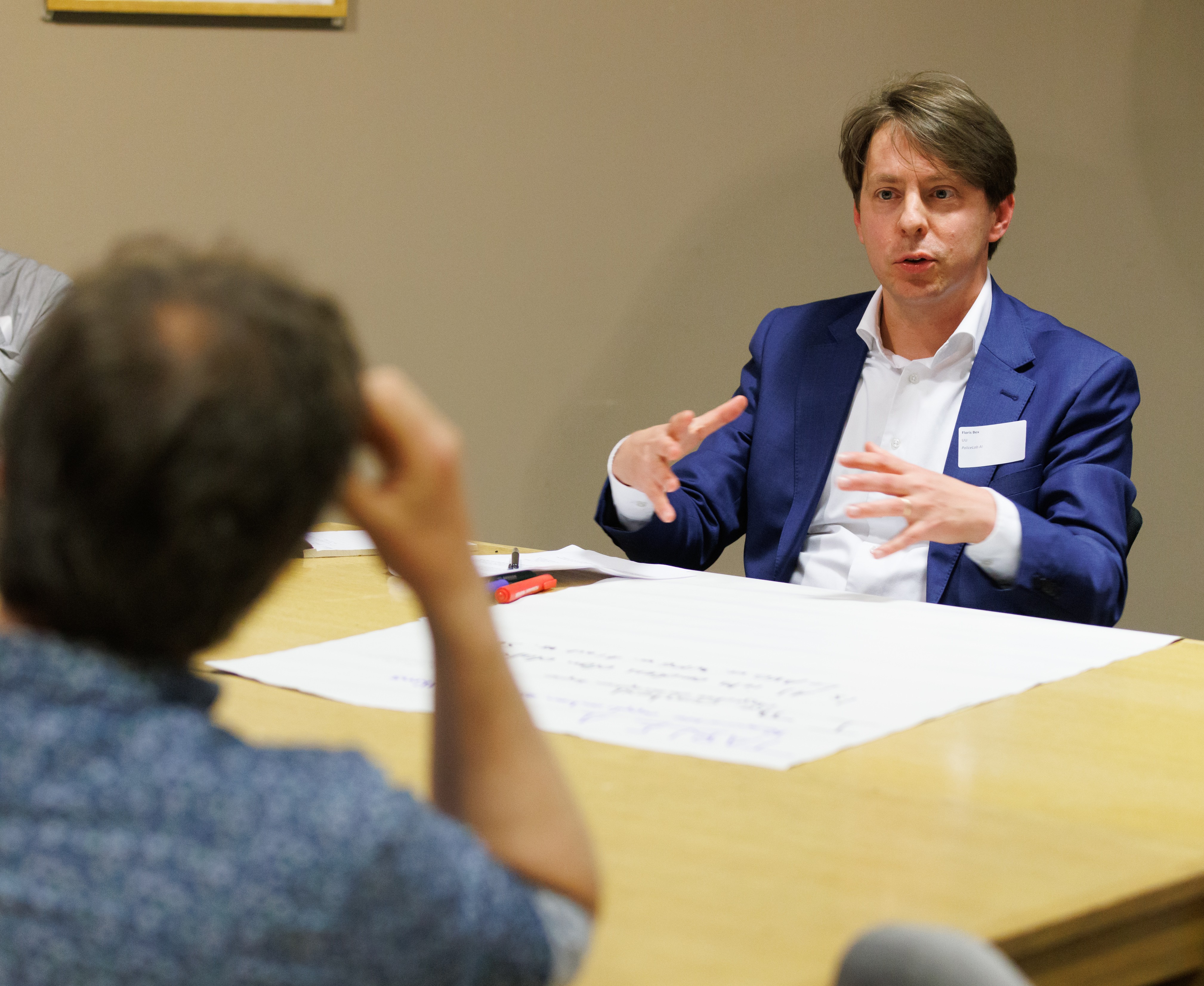
Data and Artificial Intelligence
Building a better future with responsible data & AI
Artificial intelligence (AI) gives computers and machines the ability to mimic human intelligence. It comes from scientific discoveries, increasingly powerful computers and an abundance of data. Since 2010, AI is no longer just of science, but has penetrated everyday life. This is reflected in the five types of AI:
- Machine learning: creating predictive analytics, e.g. for personalising content and generative AI using large language models.
- Computer vision: perceiving and processing images, e.g. for face recognition or self-driving cars.
- Natural language processing: understanding and generating language, such as chatbots or machine translation.
- Speech recognition: recognising spoken language, think speech assistants.
- Robotics: combining AI with physical actions, such as robots that move goods.
The technology is widely applicable and is seen as an engine for future economic growth. It allows us to improve healthcare, predict crime and optimise public transport, for example. At the same time, we want to protect our public values. The government faces the challenge of both stimulating innovation and ensuring that AI is used fairly, safely and responsibly.
Our programmes are developed around current research and societal challenges. Sharing science, shaping tomorrow
Our articles on Data and AI
Our AI Labs
In the AI Labs, Utrecht University and UMC Utrecht work together with governments, businesses and civil society organisations on practical AI solutions. Researchers are active in both science and practice, enabling innovations to find their way into society faster.
Innovation in AI & Law
“Police and judiciary should take the lead in AI. Together with universities, they can contribute to the development and regulation of AI using European values and fundamental rights.”

Feel free to explore these tools:
- AS Review, an open-source machine learning tool developed by Utrecht University for the systematic labelling of a large collection of text data
- DEDA, ethical data assistant - developed by Utrecht University and the municipality of Utrecht - helps you recognise ethical problems in data projects
- IAMA, the impact assessment human rights and algorithms is the job interview for AI: is it right for your tasks?
Our AI-research
-
Unravelling the black box AI
While AI can make our lives safer, easier and more efficient, it also raises questions. Can we entrust such systems with our lives or let them make decisions? If mistakes are made, who can be held accountable? And how do we ensure that AI does not reinforce prejudice or forms of discrimination?
-
Twenty years of AI research at Beta Sciences
Mehdi Dastai is a professor of artificial intelligence. He has been researching the subject at the Faculty of Science for 20 years. In those early days, it was still an abstract science. Now AI is in the capillaries of the university and society.
Our AI education
-
Programmes
Check out our courses and workshops on data science and artificial intelligence. Around 20 of these are taught at the Utrecht Summer School.
-
Incompany
We offer you various incompany programmes in the field of data science an artificial intelligence. We are happy to think along with you and can offer your organisation tailor-made solutions.
More information?
Do you have questions or would you like to explore with us the possibilities for customised courses or collaborations? Contact Dr Laurence Frank, coordinator of our education for data science and AI professionals.
